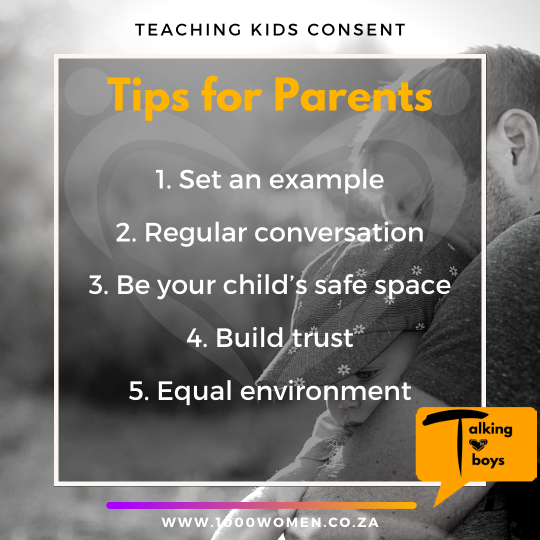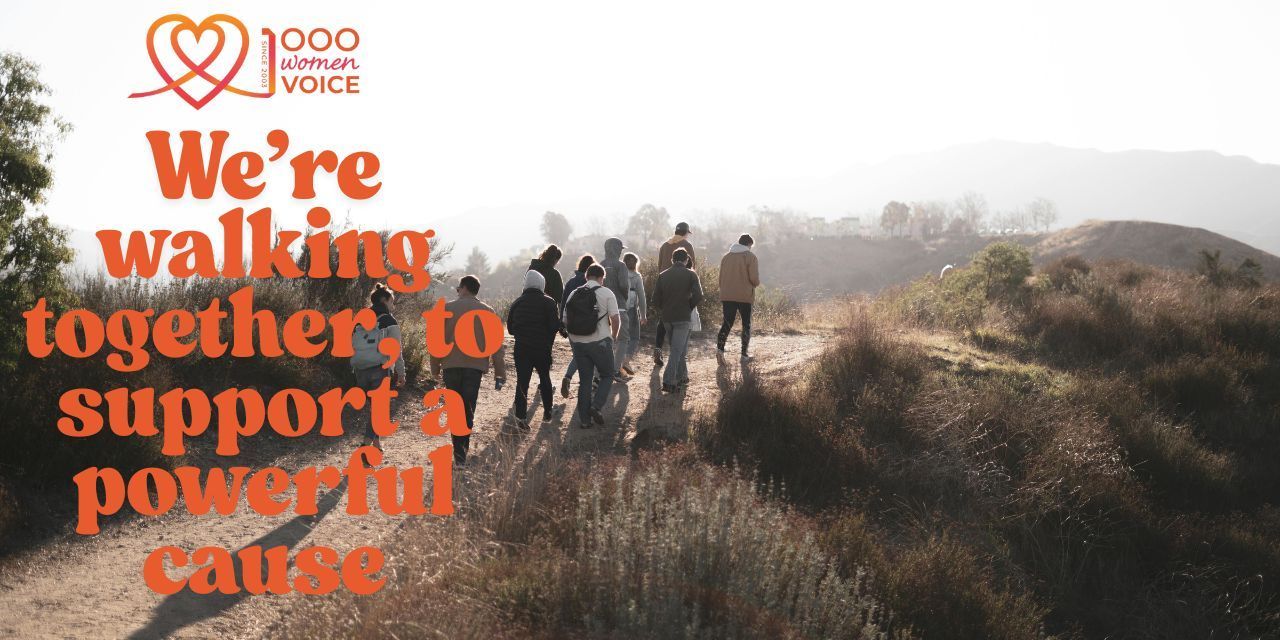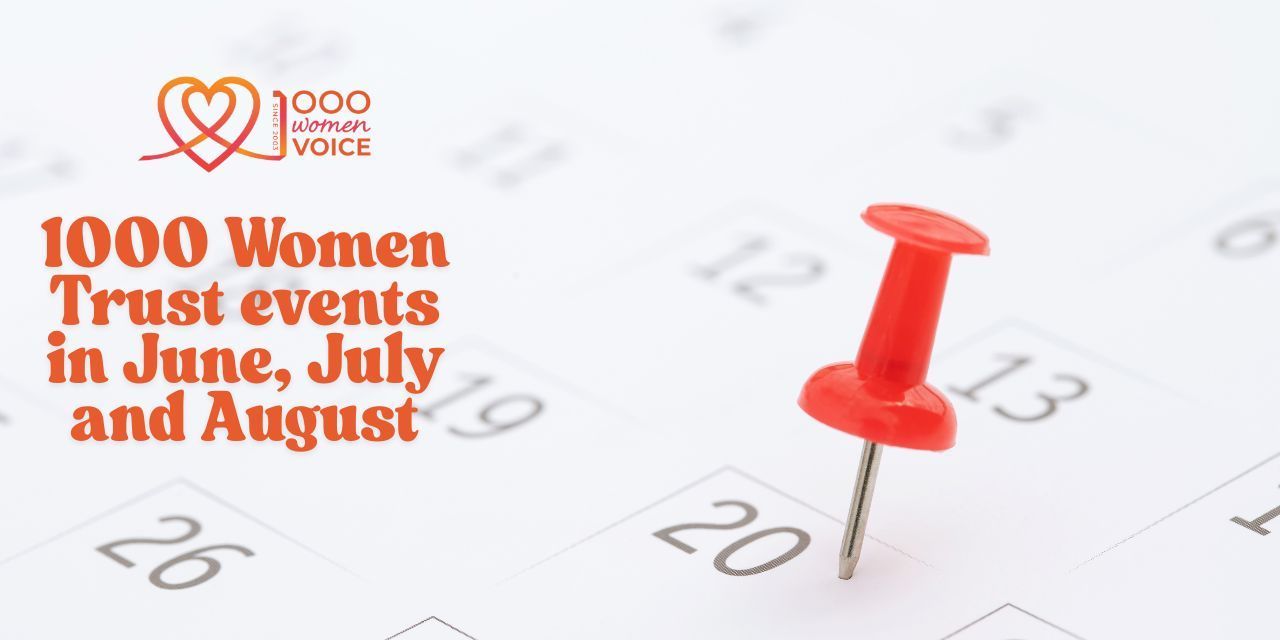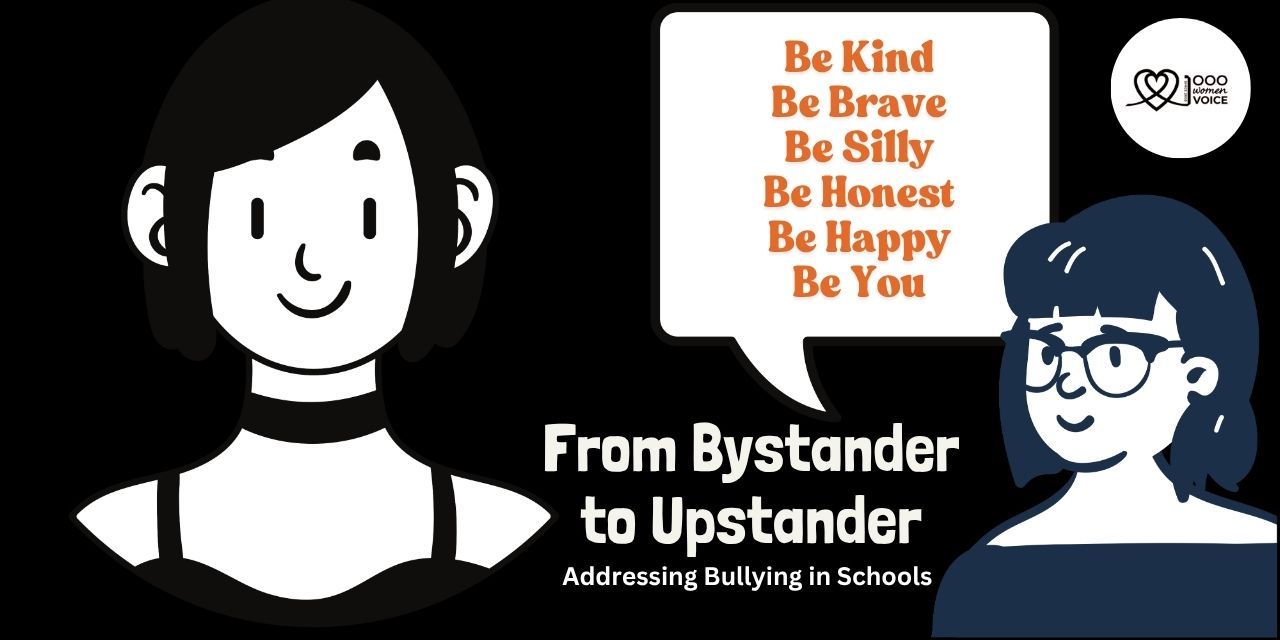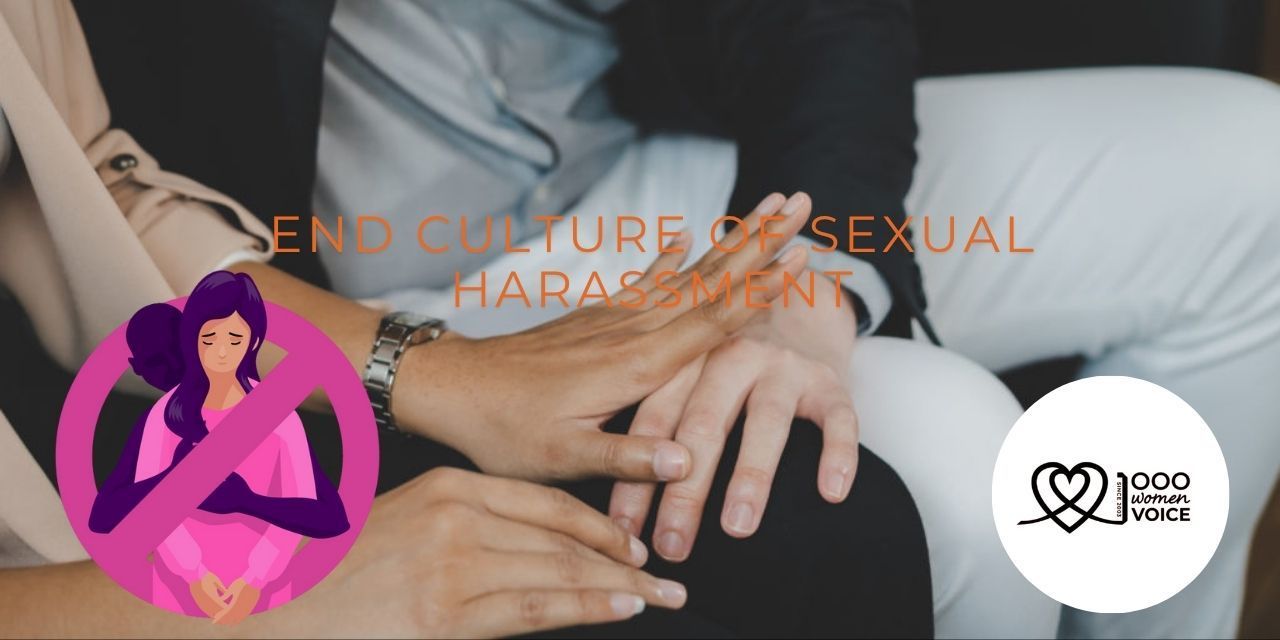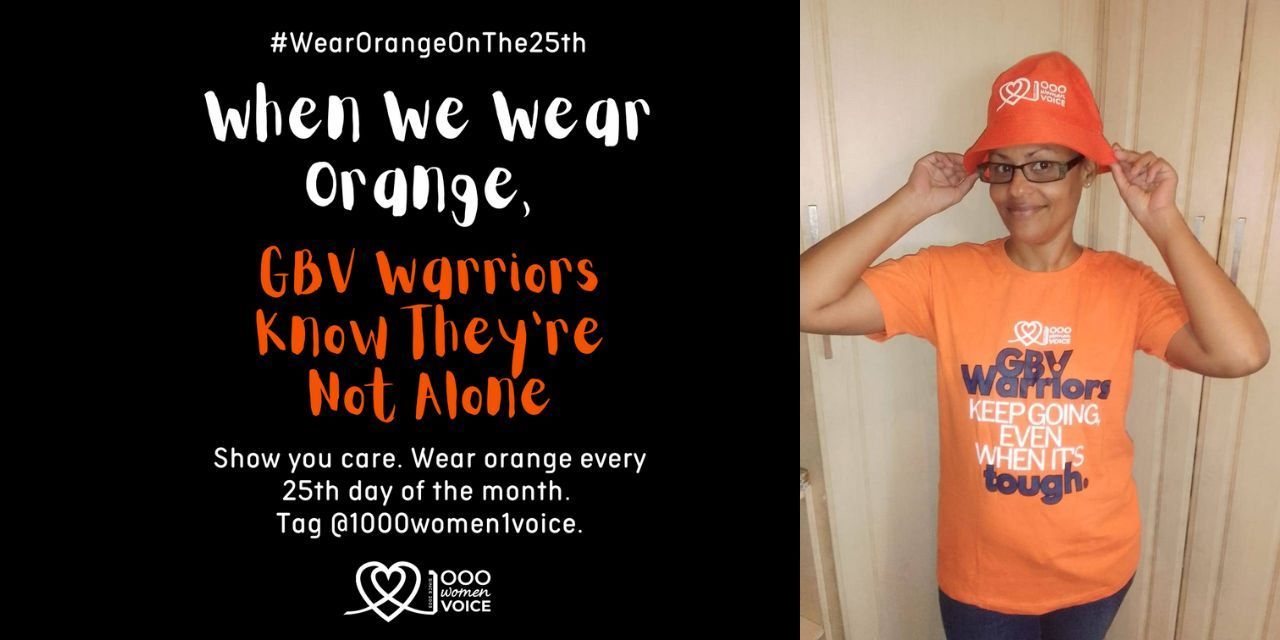Talking to Boys: 1 to 6
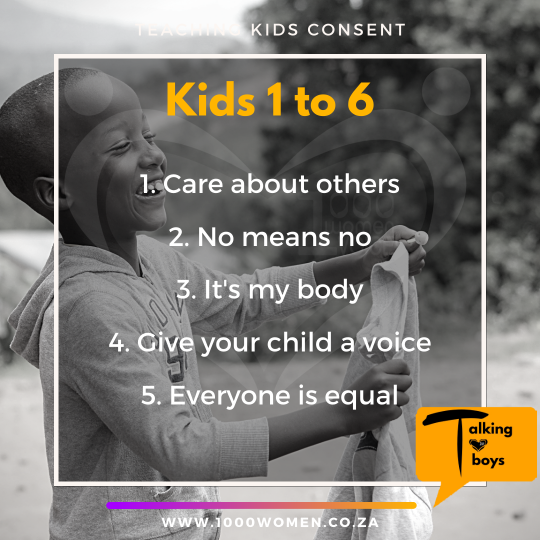
Guiding children younger than six to non-violence
Words Fanie Heyns
If we can inculcate today’s toddlers and teenagers with a belief in non-violent and peaceful behaviour and gender equality, we would gradually change mindsets and contribute to a South Africa free of the scourge of gender-based violence.
Teachers are the most important educational resources globally, and they have a major responsibility. It is estimated that roughly 246 million children globally are harassed and abused in and around the school.
But, similarly, there are vital responsibilities for parents throughout the childhood development cycle to teach their children the skills required to become non-violent South Africans, who are deeply opposed to gender-based violence and equipped to be peace-loving citizens of Mzansi.
The message to parents is: You can set behavioural patterns that will guide your toddler prior to the age of six to be non-violent, by being a walking, living example of considerate and kind actions towards your partner, your children, and others.
Establish open lines of communication by making time to have conversations with your child. Put down your phone and focus on your child when they want to speak to you. Continuously ask them how their day was, how they are feeling, how their friends are and did they learn anything new that day.
Talk to them about bullying; what it is, and what to do when they are bullied. Try to have dinner at the table where your children can relate to you about their day.
Be welcoming and open-minded when your children want to speak to you about difficult subjects. They must know that you are the first person they can go to in any situation. Tell your child they can share anything with you.
Build trust; show your child they can trust you. If you promised to do something, keep to your word. Also, follow through with discipline and the setting of boundaries.
Treat boys, girls, male and female adults equally. Show your child that both mom/dad and his/her partner are equal. Show your gratitude towards your partner and the role they fulfil in the household. Boys can help with dishes and girls can take out the trash.
A boy and a girl must grow up with the understanding there are no major differences between them in terms of respect, in terms of how they treat each other and talk to each other.
How do we ensure that these behavioural patterns towards a life of non-violence and gender equality, is practiced and not only preached?
Firstly, by setting an example. Do what you say by being kind and mindful of how you talk to other people. Also talk about how people are different (race, gender, body shape) but that we are all the same on the inside and all deserve to be treated nicely and with respect. Explain that it is not okay to hurt someone else. If they hurt someone, ask them why and listen to their answer. Explain why it is not okay.
Ask your children to tell you when someone else hurts them. Explain that hurting someone can mean physical acts or words.
Secondly, teach your children the importance of the phrases “no” and “stop”. That means to stop what they are doing. Teach them they can say no or stop to other children and grown-ups.
Explain they can also use no and stop when someone or something makes them feel uncomfortable or unhappy.
They must also stop doing what they are doing if a friend tells them no or stop.
Practice no and stop with your children by creating scenarios to explain when your child will want to say no or stop. Encourage your child to tell you when someone made them feel unhappy or uncomfortable.
Teach them these skills from an early age. It will help build confidence.
Thirdly, children – even in the age bracket before 7-years – must be taught the correct names for their body parts, including their genitals.
Parents must show their kids how to respect their bodies, which means that each body is perfect.
Ask the child before you touch their body to show them you respect their bodies. For example, ask them if it is ok for you to wash or dry their body.
Tell them it is okay to say no if they want to do it themselves. Tell them they have control over their bodies and somebody else can only touch their bodies if they allow it.
Fourthly, your child has an important voice – help him/her to find it and amplify it.
Do that by making time to talk to your child and showing them that they are important, and you want to listen to them by putting everything down and turning your attention away from the TV.
Make time to talk as a family, for example when everyone has dinner together.
Help your child to name their feelings when they feel happy, disappointed, or angry.
Teach your child that adults and other children must not ask them to keep secrets and that they must tell you if someone asks them to keep a secret about their body or if someone else did something that made them feel uncomfortable.
Teach your child that their voice is important and that they can always tell you when something happened that made them feel strange or uncomfortable. Be involved in their daily lives and help them understand that everyone has value.
The change in our children and how they act towards others starts with us.
